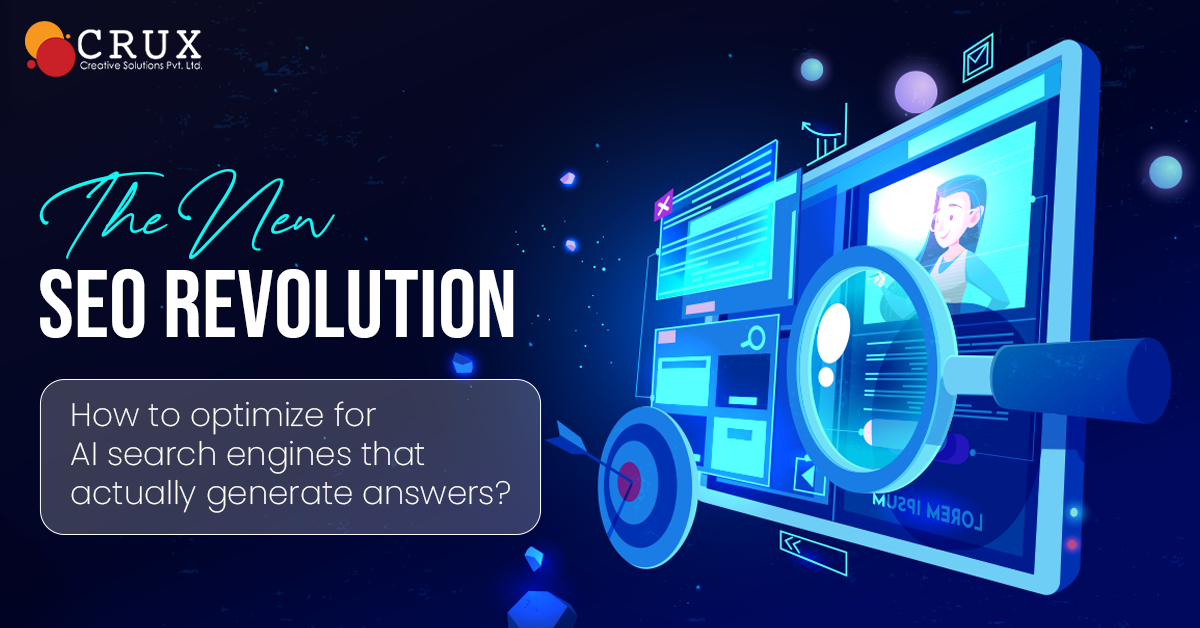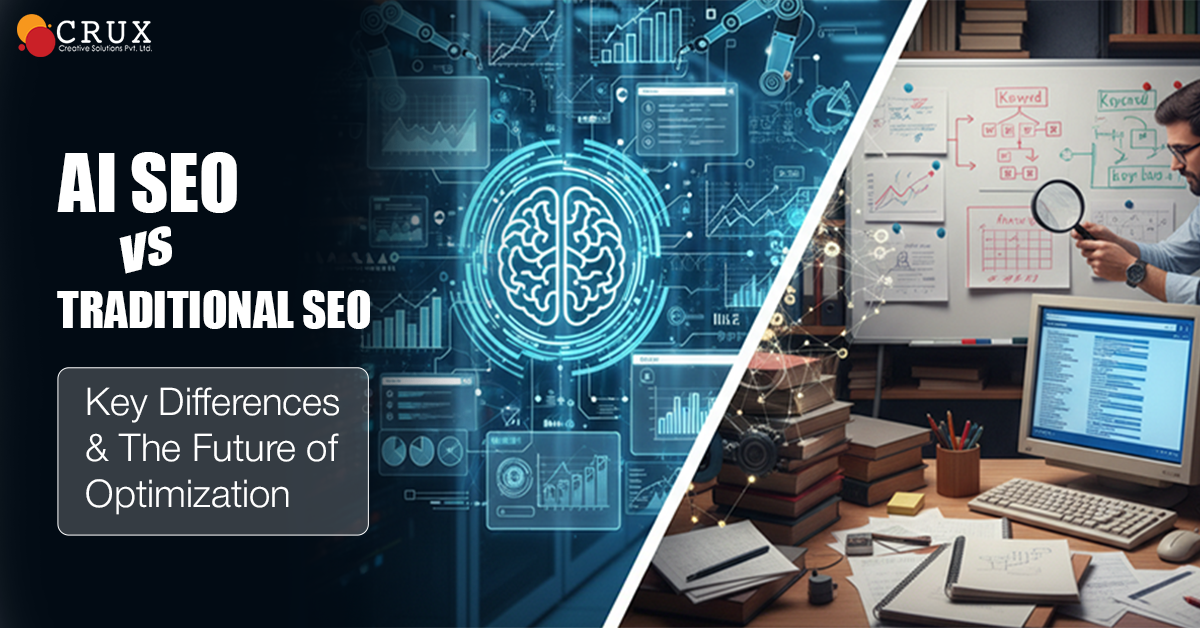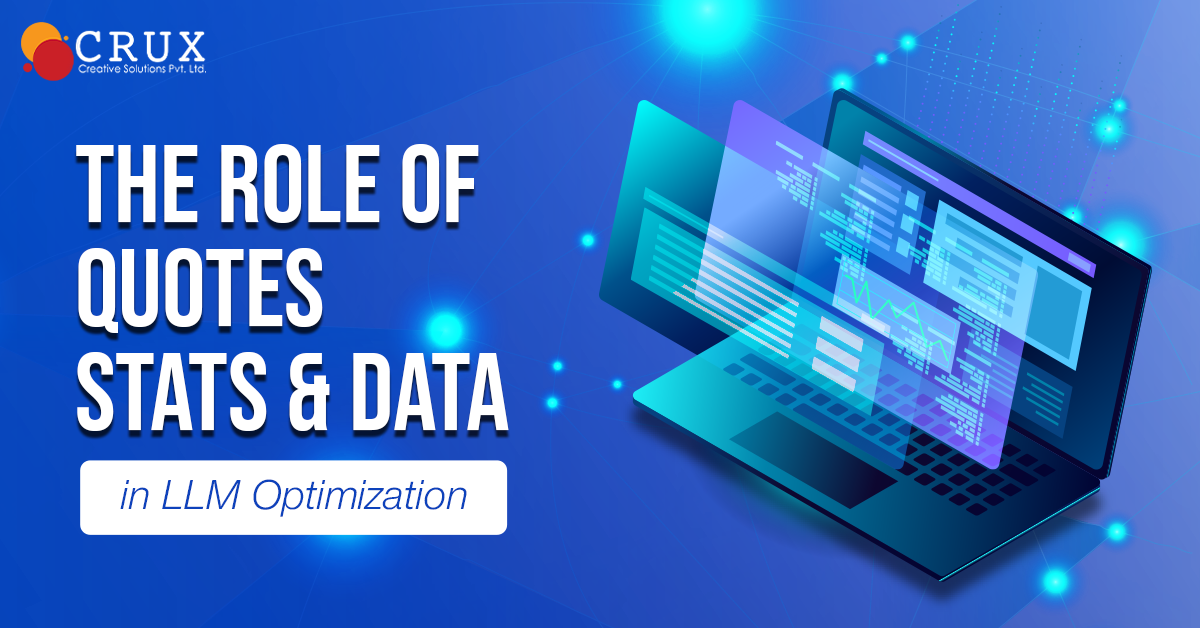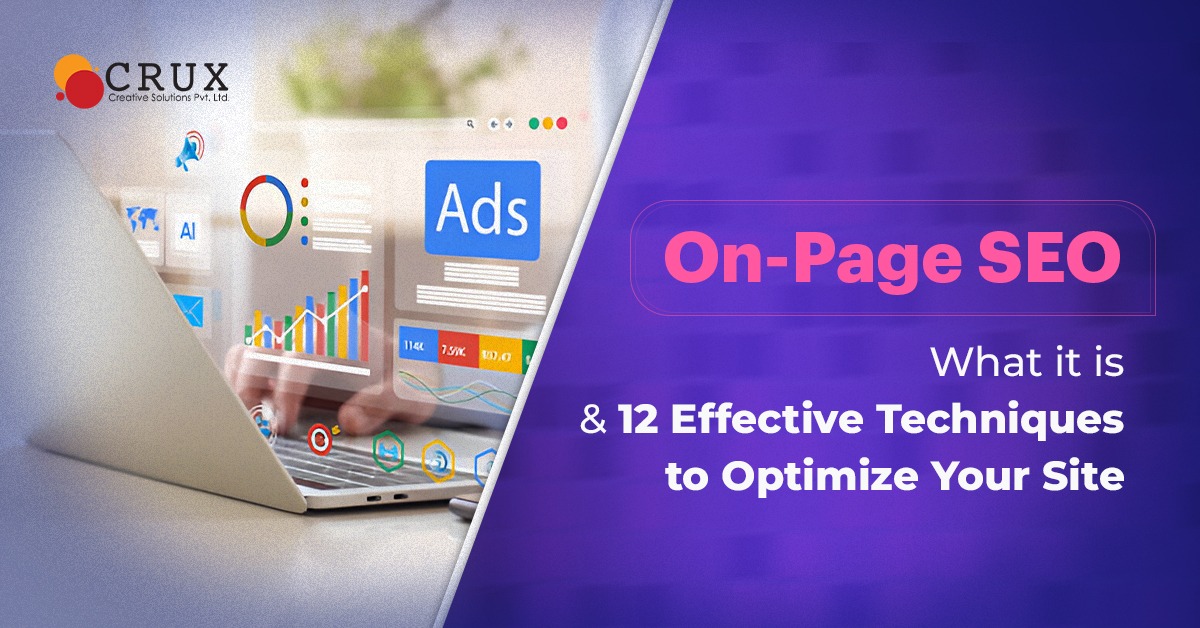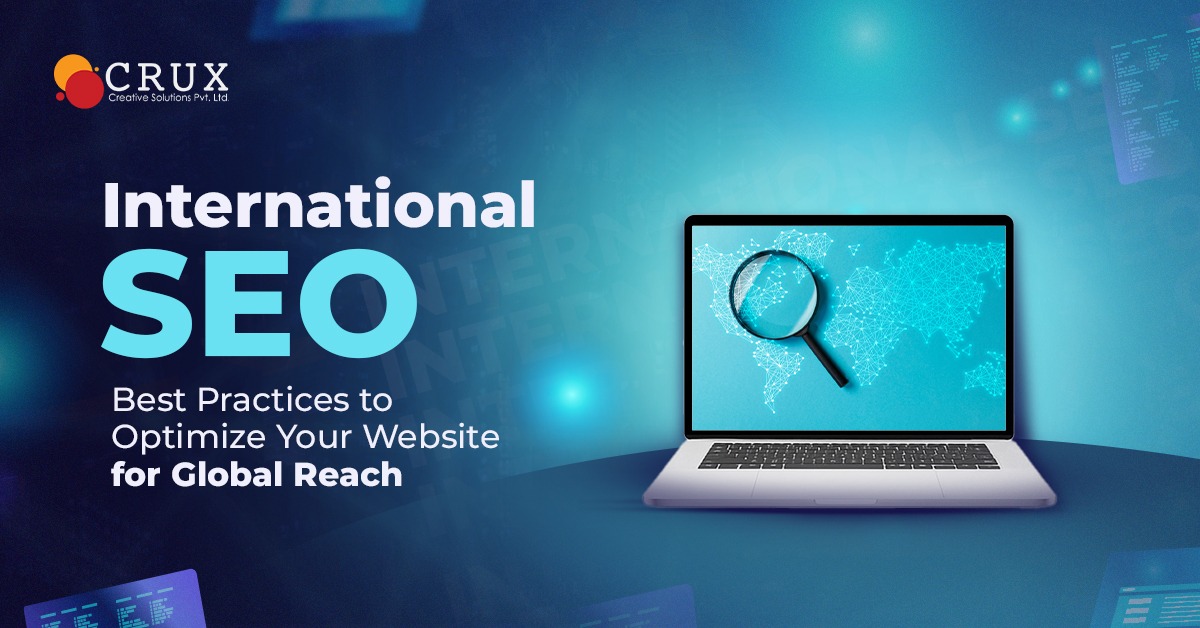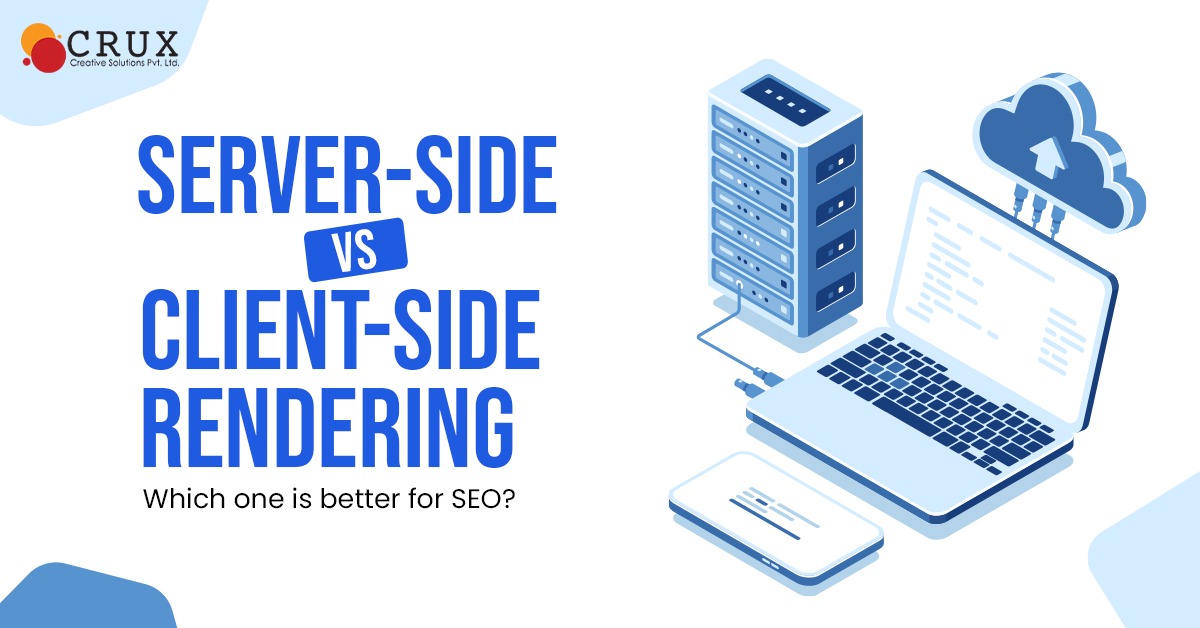
How Many Main Pillars of Digital Marketing Are There?
Digital marketing success relies on six powerful pillars working together like a well-oiled machine. SEO boosts your search visibility, while compelling content attracts audiences. Social media builds connections, email nurtures relationships, and PPC delivers instant results. Analytics ties everything together, helping businesses make smart decisions. Ready to transform your digital presence? Start reading the blog below to explore more!
In digital marketing, success hinges on a strategic approach that incorporates various components. These components, often referred to as pillars, serve as the foundation for a robust and effective digital marketing strategy. In this blog post, we will delve into the intricacies of digital marketing and explore the primary pillars that a branding agency in Gurgaon leverages to enhance its online presence and drive success.
Search Engine Optimization (SEO)
At the forefront of digital marketing lies Search Engine Optimization (SEO), a pivotal pillar that enhances a website's visibility on search engines. SEO involves optimising various elements of a website, including content, meta tags, and backlinks, to improve its ranking in search engine results pages (SERPs). By understanding and implementing SEO best practices, businesses can increase organic traffic, reach a broader audience, and establish themselves as authoritative entities in their respective industries.
SEO strategies used by a digital marketing company in Gurgaon include keyword research, on-page optimization, link building, and technical SEO. Staying abreast of search engine algorithms and user behaviour is essential for crafting an effective SEO strategy that adapts to evolving trends.
Here are the main types of SEOs that you will want to incorporate in your business:
- On-Page SEO - Optimizing individual web pages with targeted keywords, meta tags, headings, internal linking, and high-quality content to improve search rankings and user experience.
- Off-Page SEO - Building website authority through external factors like backlinks from reputable sites, social media signals, brand mentions, and online reputation management to boost credibility.
- Technical SEO - Improving website infrastructure including site speed, mobile responsiveness, crawlability, indexing, XML sitemaps, and fixing technical issues that affect search engine accessibility.
- Local SEO - Optimizing for location-based searches through Google My Business listings, local citations, customer reviews, and geo-targeted content to attract nearby customers.
- E-commerce SEO - Specialized optimization for online stores focusing on product pages, category optimization, user reviews, structured data, and conversion-focused strategies.
- Voice Search SEO - Optimizing for voice queries by targeting conversational keywords, featured snippets, and natural language patterns as voice assistants become more popular.
- Mobile SEO - Ensuring websites perform excellently on mobile devices with responsive design, fast loading times, and mobile-friendly user interfaces for better mobile search rankings.
Content Marketing
Content is undeniably king in the digital marketing realm. Content marketing focuses on creating and distributing valuable, relevant, and consistent content to attract and engage a target audience. This pillar encompasses a variety of content types, such as blog posts, articles, videos, infographics, and more.
Effective content marketing goes beyond simply promoting products or services; it aims to educate, entertain, and provide solutions to the audience's pain points. By producing high-quality, shareable content, businesses can build brand authority, foster customer trust, and ultimately drive conversions.
Content marketing isn't just about creating blog posts—it's about building meaningful connections with your audience. When done right, it transforms casual visitors into loyal customers and brand advocates.
Start by understanding your audience's pain points. What keeps them awake at night? What solutions are they desperately seeking? Create content that addresses these challenges directly. Whether it's how-to guides, industry insights, or behind-the-scenes stories, valuable content positions you as the go-to expert in your field.
Diversify your content formats to reach different learning styles. Blog posts work great for detailed explanations, while infographics simplify complex data. Videos engage visual learners, and podcasts connect with busy professionals during commutes. Social media posts spark conversations and drive traffic back to your website.
Consistency is your secret weapon. A regular publishing schedule builds anticipation and keeps your brand top-of-mind. But remember—quality trumps quantity every time. One exceptional piece performs better than five mediocre ones. You can work with a digital marketing agency in Gurgaon to create a content calendar that can bring in organic results.
Social Media Marketing
In the age of social connectivity, businesses cannot afford to overlook the impact of social media marketing. This pillar involves leveraging social media platforms to connect with target audiences, build brand awareness, and drive engagement. Platforms like Facebook, Instagram, Twitter, LinkedIn, and others offer unique opportunities for businesses to interact with their audience in real-time.
A social media agency in Gurgaon encompasses various strategies, including creating compelling content, running targeted ads, and fostering community engagement. Businesses can build a loyal following and amplify their online presence by humanising their brand and actively participating in social conversations.
Email Marketing
While it may be one of the oldest forms of digital marketing, email marketing remains a powerful and cost-effective pillar for nurturing leads and fostering customer relationships. This strategy involves sending targeted and personalised emails to a segmented audience to drive engagement, conversions, and brand loyalty.
Email marketing includes a range of activities, such as building and segmenting email lists, crafting compelling content, and analysing performance metrics. With the advent of automation tools, businesses can streamline their email campaigns, delivering the right message to the right audience at the right time.
Pay-Per-Click Advertising (PPC)
Pay-per-click advertising is a paid digital marketing strategy where businesses bid on keywords to display ads on search engines and other platforms. This pillar allows for instant visibility and can be a valuable complement to organic strategies. Google Ads and social media platforms like Facebook and LinkedIn offer robust PPC advertising opportunities.
Effective PPC campaigns involve thorough keyword research, compelling ad copy, and strategic budget allocation. By carefully monitoring and optimising campaigns, businesses can drive targeted traffic, increase brand visibility, and achieve measurable ROI. Unlike organic strategies that require patience, PPC delivers targeted traffic from day one, making it an essential component of any comprehensive marketing strategy.
Key PPC Platforms and Opportunities:
- Google Ads dominates search advertising with massive reach and intent-driven traffic
- Facebook and Instagram Ads excel at visual storytelling and demographic targeting
- LinkedIn Ads connect with professionals and B2B decision-makers effectively
- YouTube Ads capture attention through engaging video content
The real power of PPC lies in its precision targeting capabilities. You can reach specific age groups, locations, interests, and even retarget website visitors who didn't convert initially. This granular control ensures every dollar spent reaches genuinely interested prospects.
Essential Success Factors:
- Thorough keyword research focusing on high-intent, conversion-ready terms
- Compelling ad copy that highlights unique value propositions
- Strategic budget allocation with continuous testing and optimization
- Landing pages that align perfectly with ad promises
Effective PPC management requires constant monitoring and adjustment. Successful campaigns analyze click-through rates, conversion metrics, and cost per acquisition to identify winning combinations. The data-driven nature of PPC allows for rapid optimization, making it both an art and a science that delivers measurable business growth.
Analytics and Data-driven Decision-Making
The effectiveness of any digital marketing strategy lies in its ability to adapt and improve over time. Analytics and data-driven decision-making form the final pillar, providing insights into the performance of various marketing efforts. Tools like Google Analytics, social media analytics, and marketing automation platforms offer valuable data on website traffic, user behaviour, and campaign success .
By analysing this data, businesses can identify trends, measure the effectiveness of marketing initiatives, and make informed decisions for future strategies. Continuous monitoring and optimization based on data insights enable businesses to stay ahead of the competition and maximise their digital marketing ROI.
Success is contingent on a holistic approach that encompasses various pillars. Search Engine Optimisation, Content Marketing, Social Media Marketing, Email Marketing, Pay-Per-Click Advertising, and Analytics collectively contribute to a robust and effective digital marketing strategy. By understanding and leveraging these pillars, businesses can navigate the digital landscape, connect with their target audience, and drive sustainable growth in the competitive online arena.
You need to choose the best advertising agency in Gurgaon to guide you towards your digital marketing efforts. Crux Creative Solutions can help you greatly in this regard. Helmed by Shelly Bhasin, Crux is your one-stop destination for your digital marketing needs.
FAQs
1. What's the most important pillar of digital marketing?
There's no single "most important" pillar - they all work together synergistically. However, SEO and content marketing often form the foundation since they drive organic traffic and establish authority. The best approach combines all pillars based on your business goals, target audience, and budget for maximum impact.
2. How long does it take to see results from digital marketing?
Results vary by strategy: PPC can show immediate traffic, social media engagement builds within weeks, while SEO and content marketing typically take 3-6 months for significant results. Email marketing shows quick wins with existing lists. Consistency and patience are key - digital marketing is a marathon, not a sprint.
3. Do I need to use all six pillars for my business?
Not necessarily. Start with 2-3 pillars that align with your goals and resources. Small businesses might focus on SEO, content, and social media first. As you grow and see results, gradually incorporate other pillars. Quality execution of fewer strategies often beats poor execution of many.
4. What's the difference between SEO and PPC?
SEO is organic (free) traffic that takes time to build but provides long-term results. PPC is paid advertising that delivers immediate visibility but stops when you stop paying. Think of SEO as planting seeds for future harvest, while PPC is buying fruit from the store - both have their place.
5. How much should I budget for digital marketing?
Most businesses allocate 5-15% of revenue to marketing, with digital taking 50-80% of that budget. Focus on one platform initially, measure results, then scale up. ROI matters more than budget size - track what works.
 admin
admin